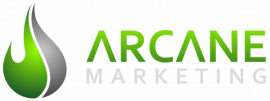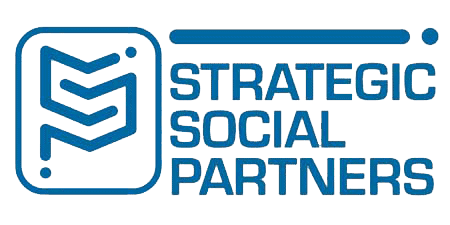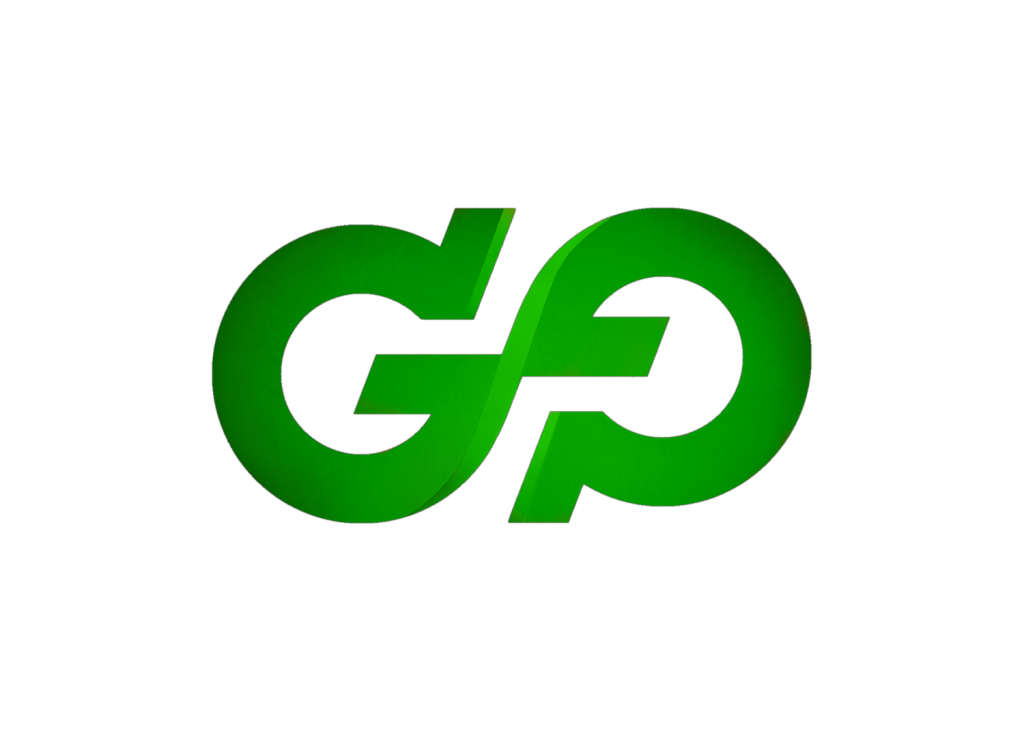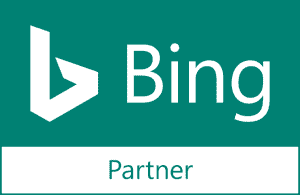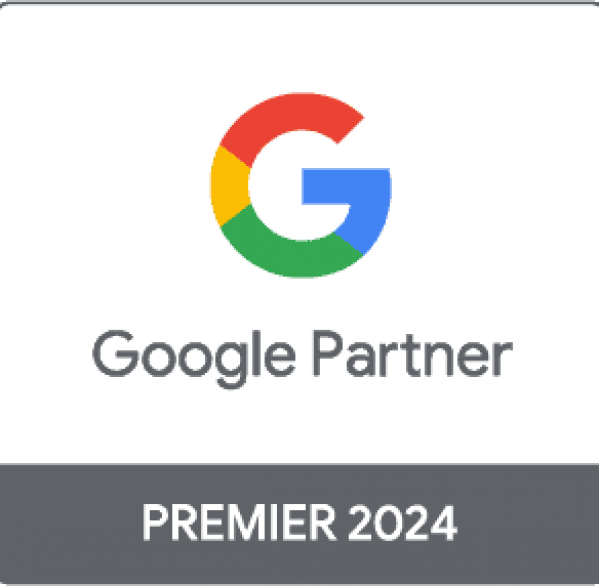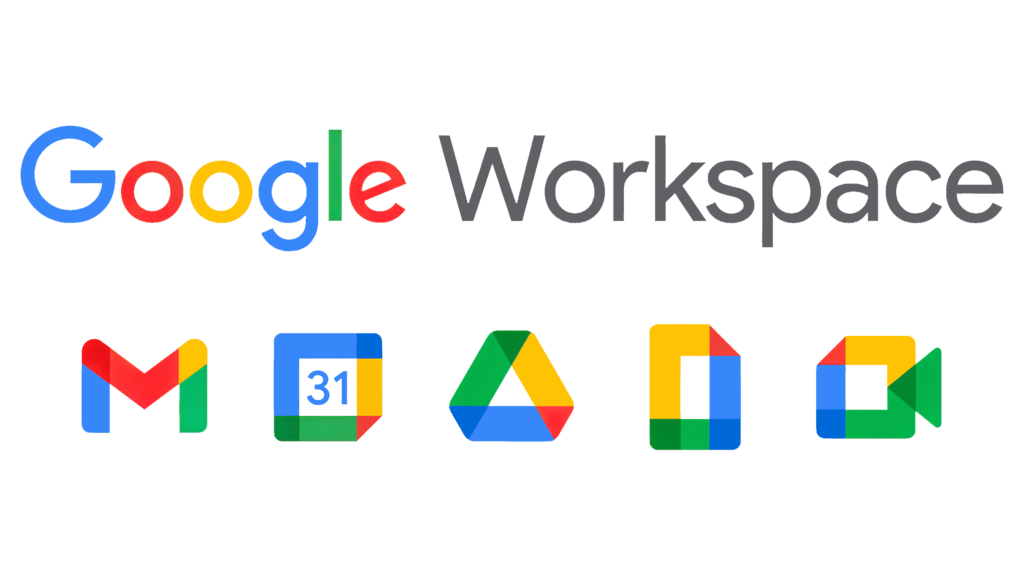 Link building is an important factor in SEO. Unfortunately, too many SEO companies don’t utilize this strategy properly; they purchase hundreds or even thousands of spammy backlinks to a website, which can give it a slight boost for a little while, only for the iron fist of Google to crack down. Then all progress is lost. Google likes seeing a diversity of links from sites in your own niche pointing to your website, not thousands of links from a few random blog post comment sections. So, how do you achieve this?
Link building is an important factor in SEO. Unfortunately, too many SEO companies don’t utilize this strategy properly; they purchase hundreds or even thousands of spammy backlinks to a website, which can give it a slight boost for a little while, only for the iron fist of Google to crack down. Then all progress is lost. Google likes seeing a diversity of links from sites in your own niche pointing to your website, not thousands of links from a few random blog post comment sections. So, how do you achieve this?
Learning about all of this can be a lot so before getting into the ins and outs of link building, we need to first cover some things that will help in your link building and SEO journey.
Domain Authority
Every website has its own domain authority level. As the name implies, domain authority is a level of authority that indicates the quality/success of your website. Domain authority is ranked from a level of 0 to 100. The process of moving from 0 to 100 is logarithmic, meaning as your domain authority rises, it becomes exponentially more difficult to keep up the momentum; it’s far easier to go from 0-50 than to go from 50-100.
Domain authority is not just something you earn, it’s also something you give. When one website provides a link to another website, it passes on some of its domain authority to that website. This is how domain authority and links are related – but remember, this process of transferring domain authority via links is also a bit more complicated than it looks on its face.
Links can fall into one of two categories: follow and nofollow. Follow links pass domain authority on from one website to another. Nofollow links do not. The reason for this is that nofollow links tell Google not to associate the linking website to the linked-to website.
There are some reasons for choosing to make one of your links a nofollow link. Google can see links as “votes”, e.g., an endorsement from one website to another. Let’s say you were writing a blog post on new scientific data from which many people are drawing the wrong conclusions. In this blog post, you may want to link to a blog post from someone who’s doing just that as an example. This isn’t an endorsement. In fact it’s the opposite, and you want Google to recognize it as such. In this case, you will want to make it a nofollow link.
Page Authority
Just as your website has its own domain authority based on domain-wide metrics, every page on your website has its own specific page authority. This indicates the success or strength of the page and how well it is likely to rank as a search result.
Just as one website can pass domain authority on to another via links, so can pages within your website pass page authority on to another. There are internal linking strategies that can help improve the structure of your website and improve how pages, as well as your overall website, rank.
Improving Your Link Profile
 Your link profile is simply the overall makeup of links pointing to your website. Generally speaking, here is what you want your link profile to look like.
Your link profile is simply the overall makeup of links pointing to your website. Generally speaking, here is what you want your link profile to look like.
- You have links from websites that are related to your site (cover the same topics, have similar content, etc.)
- It has links from high domain authority sites, as well as medium and even low domain authority sites (as long as they relate to your own).
- You aren’t getting spammy links.
There is one quick and easy way you can improve your link profile, and that’s disavowing low quality (spammy) links.
Gaining high-quality links with on-page SEO simply consists of optimizing your website as much as possible. This includes:
- Having all title tags and meta descriptions filled out.
- Adding titles and alt-text keywords to all images on your website.
- Using heading tags properly.
- Having search-optimized URLs (Urls that aren’t overly complicated, confusing, and indicate to users the overall content of the page).
- Proper use of keywords – this means keeping your keywords as organic as possible. You want to write content for people, not Google (you’d be surprised how well Google knows the difference).
- Internal linking (as mentioned above).
The most important thing you can do to gain quality backlinks for your website is to provide users with well-optimized, high quality content. If you can do that, then over time, the links should naturally follow.
What do I mean by “high quality” content? Simply content that is relevant, factual, answers people’s questions, and keeps users engaged.
More ways of helping you navigate this endeavor and improving the SEO-value of your website include:
- Setting your website up with Google Search Console.
- Creating an optimized XML sitemap and submitting it to Google via Google Search Console.
- Making sure your robots.txt is such that Google can crawl your website without problems.
- Including data schema in your website (product schema for products you sell, person schema for professionals like doctors your website is promoting, etc.)
Beyond that, there is another way of getting quality links to your website, and that’s blogger outreach. You can reach out to webmasters and promote content that you think they’d like to have on their website. If it is good enough and they see value in it, they may post it to their website with links to yours.
3 Link Building Myths You Should Disregard
Myth 1: Links (and a good backlink profile) don’t affect rankings.
A case study was recently made to determine whether or not links actually matter when it comes to rankings. To summarize: the site ranked better for its target keywords in proportion to the number of high authority, qualitative backlinks it was able to get.
Myth 2: You should only seek links from high domain authority websites.
With the information you’ve gathered above, it’s pretty apparent that you want high-quality links (links from sites with high domain authorities). That said, domain authority isn’t everything. Relevancy is also another factor to keep in mind. The value of a link isn’t just in the domain authority level of the website you’re getting it from, but also in how that site relates to your own. You want links from sites in your niche. Think of a link from a site with a domain authority of 8 that’s also very much related to the content on yours. Is that link worthless based on its domain authority alone? Of course not.
Also, Google likes a diversity of links pointing to your website, and by “diversity”, I mean links from sites from everywhere on the domain authority scale. High domain authority links are great, but if that’s all you have, Google is going to look at that with a degree of suspicion. Sites don’t just pop up out of nowhere and start getting links from the best sites on the internet. The “little guy” should also be linking to you, if your link profile is indeed organic.
Myth 3: You Only Need To Build Links To Your “Money Pages”
“Money pages” are the specific pages on your website where you are looking to get leads, sales, conversions, etc. There are two things to keep in mind here:
- Reaching out to webmasters and requesting links to these pages can come across as spammy. It can be difficult to get this done.
- Pages that see high conversion rates are usually not pages with super relevant or engaging information. They’re all about making the sale. You’re going to have a far better chance at getting organic, high quality links to pages with engaging, informative content.
A good strategy is to focus on creating pages with high quality content that are likely to get links, and on those pages, creating ways people can easily access your money pages. Don’t worry, as you build more links to informative pages on your website, your money pages will be boosted in profile as well.
WHAT TO DO NEXT
Google is getting smarter and smarter as time goes on. It is best to use the highest quality of links and content for your domain and website. There are fantastic resources out there that will give you all the knowledge you need to succeed in the world of digital marketing. Be sure to check them out and always be learning new information to better help your business grow with quality.

Contact Us
"*" indicates required fields
